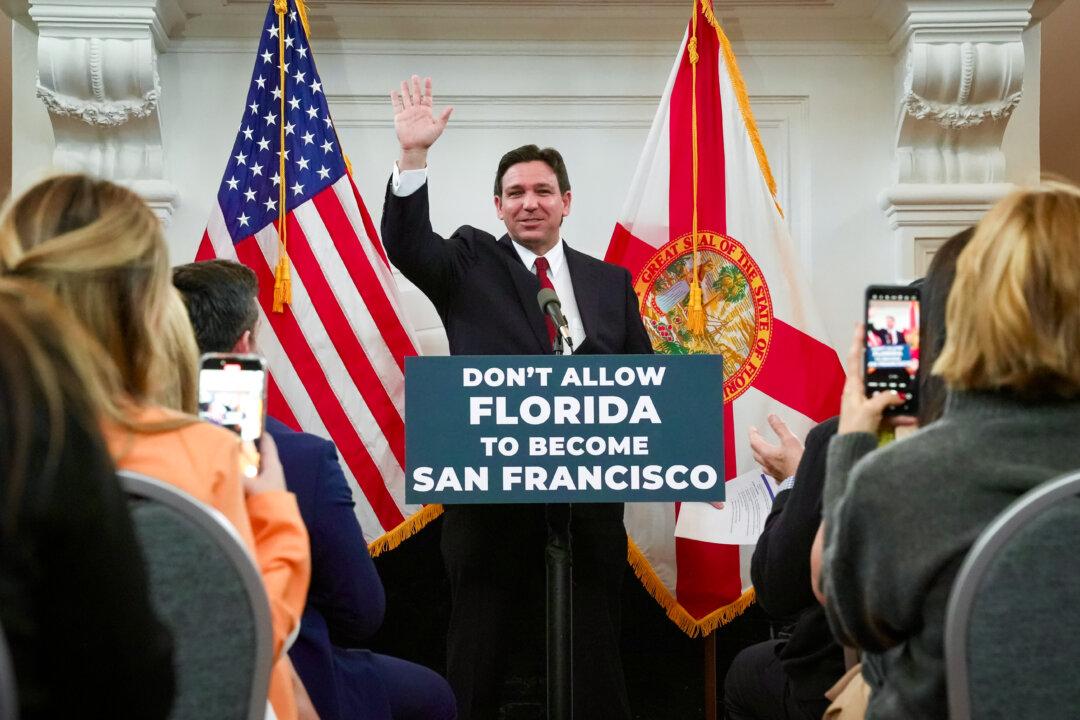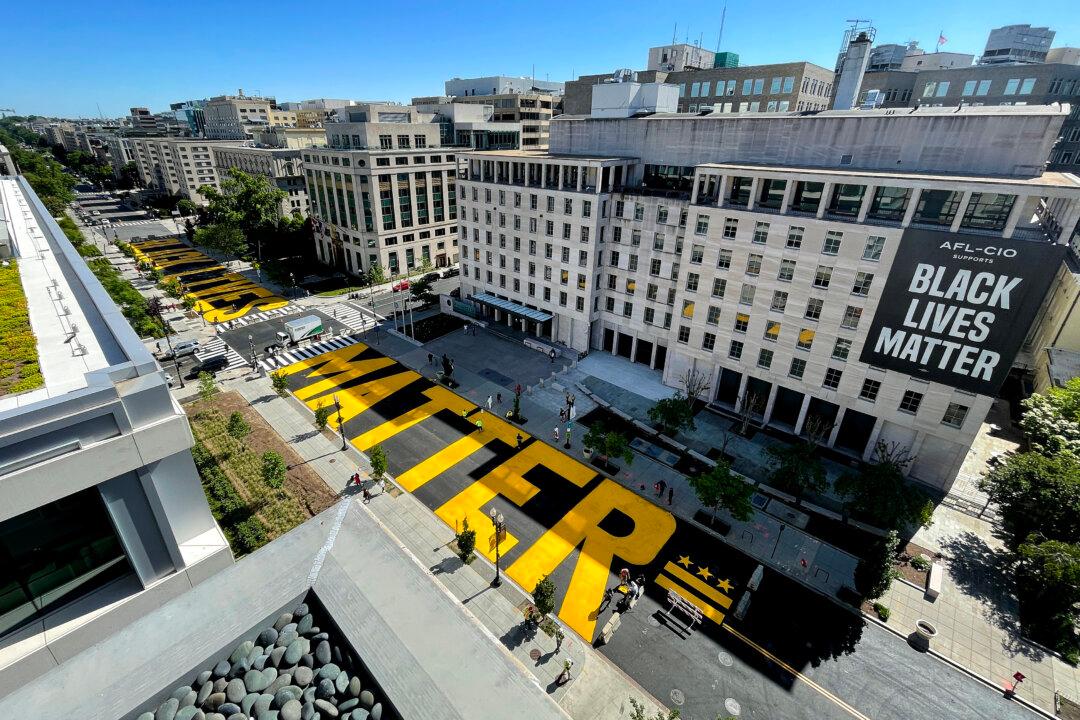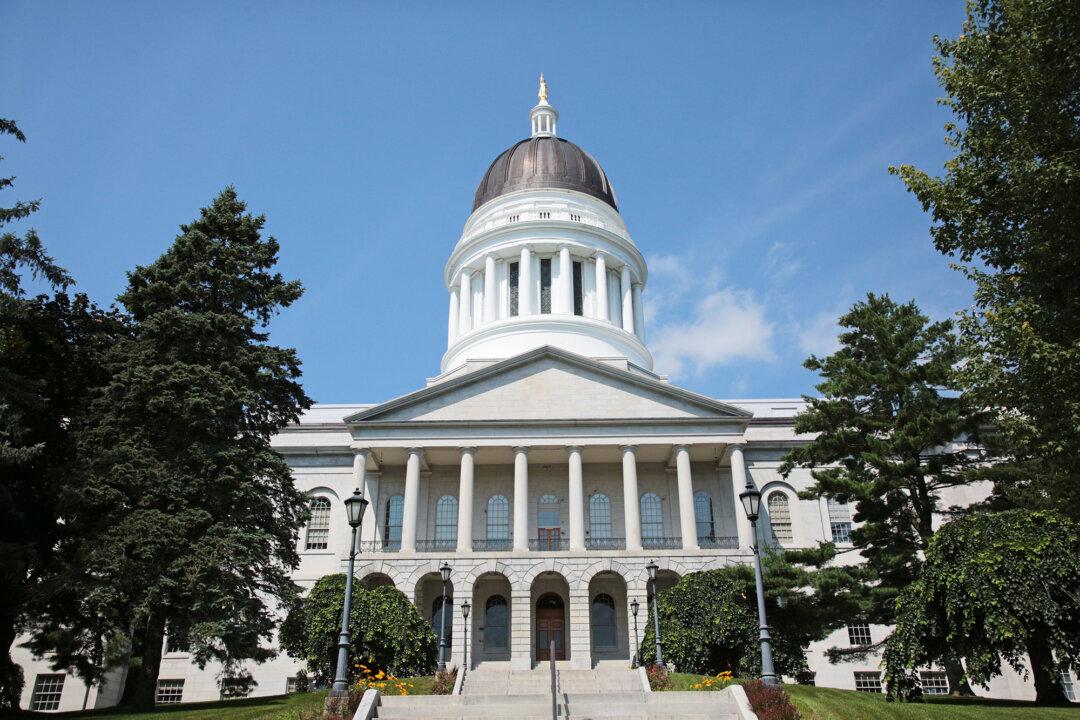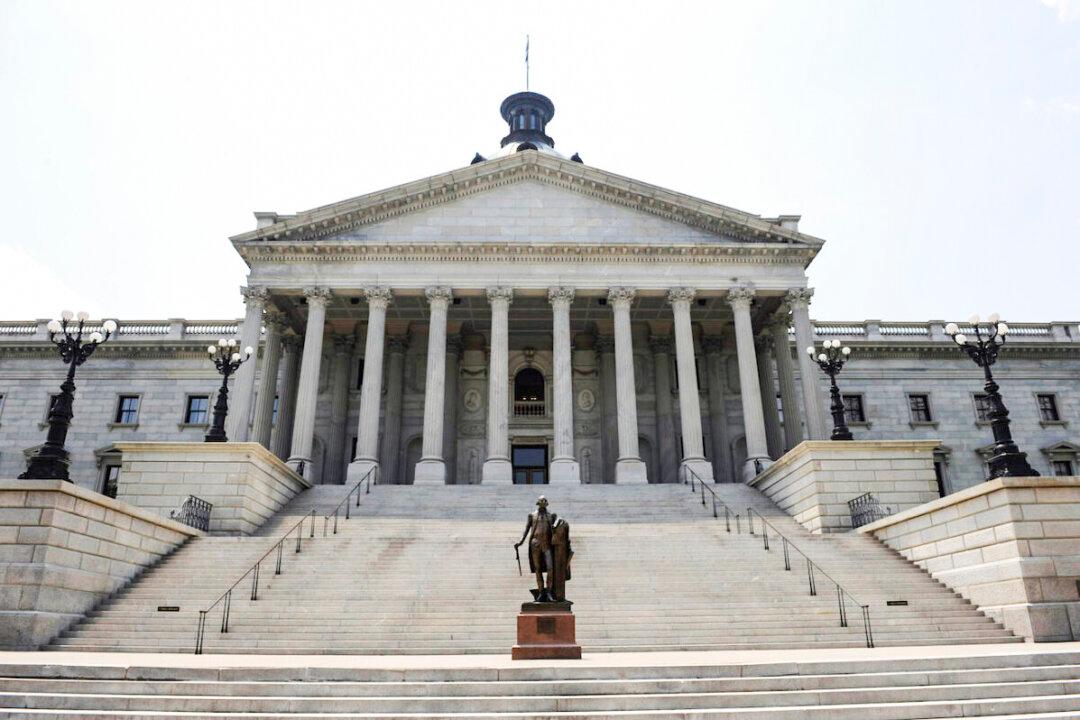A Texas lawyer who created a highly successful abortion ban tactic has now turned his attention to stopping obscene library books.
Jonathan Mitchell, a Texas lawyer, was influential in developing a series of local abortion bans. They allowed towns to ban abortions even before the overturn of Roe v. Wade.




